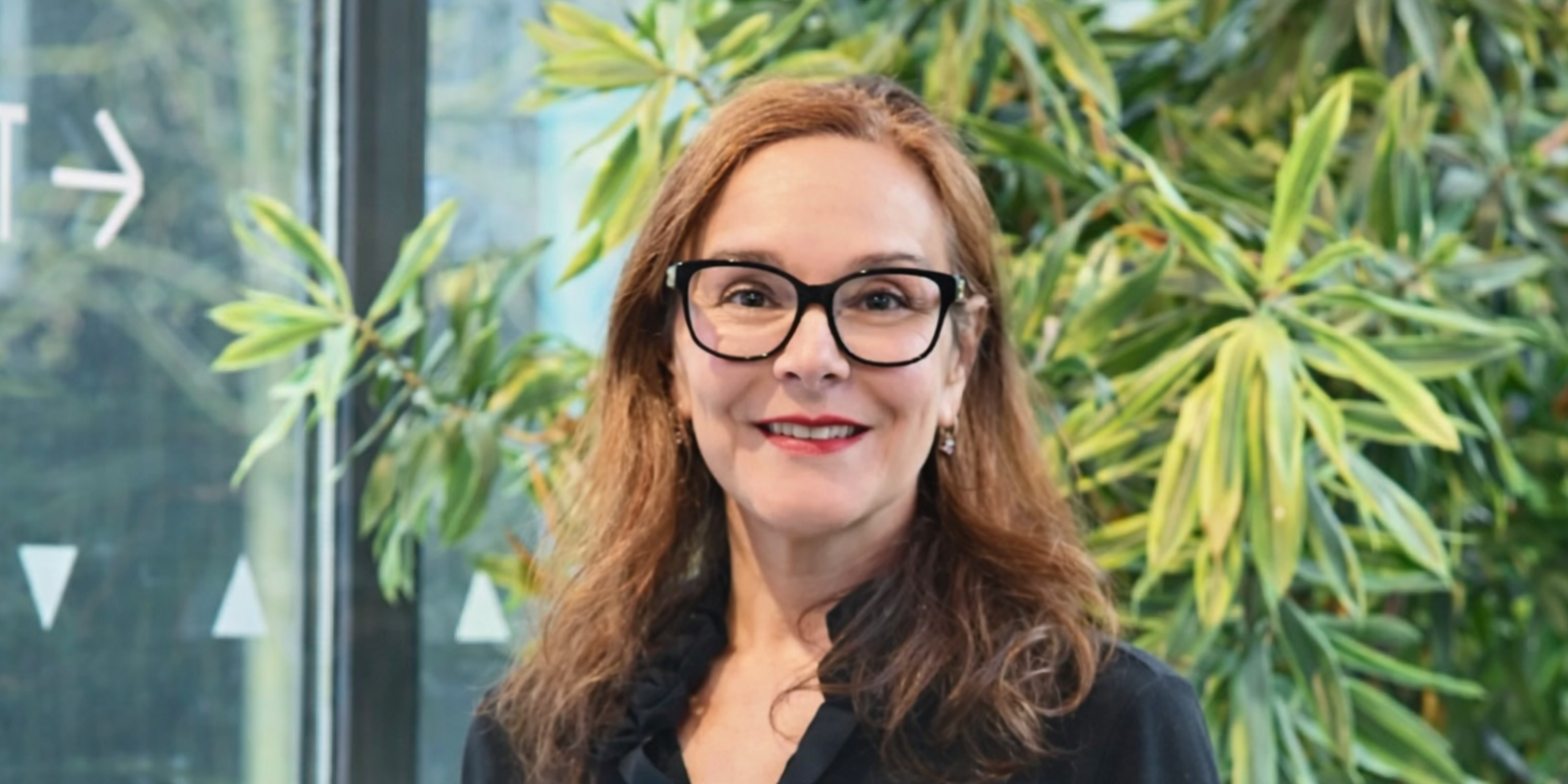Looking back and thinking forward: the shifting world of higher education
This year has been one of monumental change. We have witnessed a pivotal turning point in teaching and learning. The shift towards online learning has opened doors to new ways of thinking and enabled us to embrace the technology at our fingertips. As we reflect on the many challenges higher education has faced this year, that have shaped the rapid evolution of teaching and learning, we can begin to register the lessons learned and realise the tenacity and dynamism of a once, relatively static system. Our perception of teaching and learning can’t be shaped by the past. Blended learning is a new paradigm altogether and calls for a new outlook.
This year, many have achieved things previously thought impossible. The digital classroom has connected people across countries in a way that empowers students and enables effective distance learning. Online learning has become integral to education, but it should not become a replacement of face to face teaching. When blended learning is done well, digital and in-person delivery can enhance each other. However, online learning still has its flaws. The Office for Students’ September poll revealed that over half of students that responded to the poll felt that their learning had been impacted by a slow or unreliable internet connection, while around one in five had problems accessing a computer, laptop or tablet. More than half of students responding to the poll believed that their learning was damaged by a lack of access to appropriate online materials, with one in ten impacted severely.
Access issues and digital poverty are key problems that need to be tackled. Other key issues include technological fatigue and a lack of social engagement, both affecting student wellbeing. While the primary response to the pandemic has been focused on physical health, mental health must not be overlooked. Solutions to this problem involve multiple mechanisms of support and include improving access, building online communities and enabling collaboration, especially around content and learning. Internet and electronic devices must be made available to all, students with disabilities and learning difficulties must be accommodated, and psychological support must be provided. Defining standards in online learning to ensure equality of education is vital in order to make the most of the new learning environment, see improved outcomes and drive positive change.
Digital learning is here to stay, but, as identified, there is much room for improvement. We need to continue to progress and consider how institutions and libraries can better support teaching and learning. Libraries play a crucial, central role in the acquisition and integration of content. How can we adapt to make this as simple and seamless as possible to enhance the learning experience and allow students to get the most out of their studies? This progression requires further innovation and open-mindedness, not only within higher education but in society at large, to allow for new and improved realities and expectations of teaching and learning as it continues to evolve.
As we enter a new year, Kortext strives to be at the forefront of online learning and build upon our success to continue to support teaching and learning across the globe. As Henry Ford once said; ‘You can’t learn in school what the world is going to do next year.’ But we can think in new ways so that we are able to adapt. It is important to reflect on the past year but also look ahead to the future of learning. In a series of articles released in 2021, we will address a number of points surrounding how libraries and institutions can better support teaching and learning in this new environment, with an aim to improve the online learning experience, student engagement and the education system for all and maximise the potential of this new paradigm.






